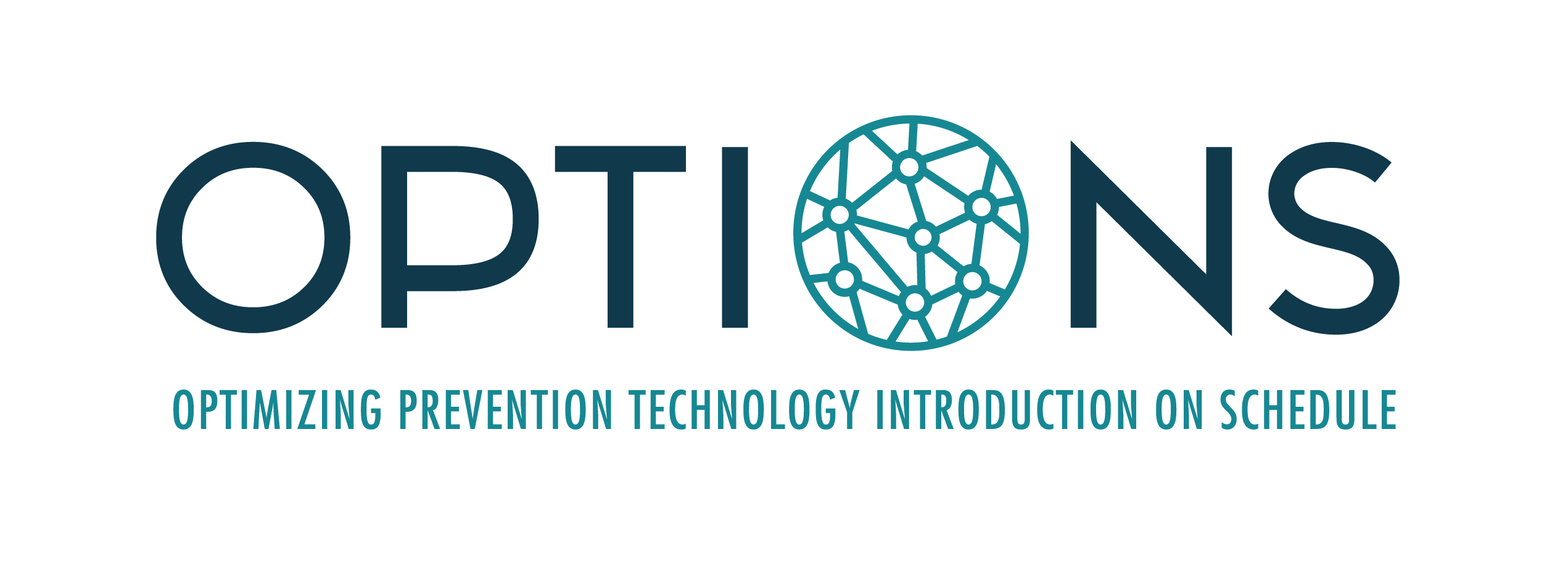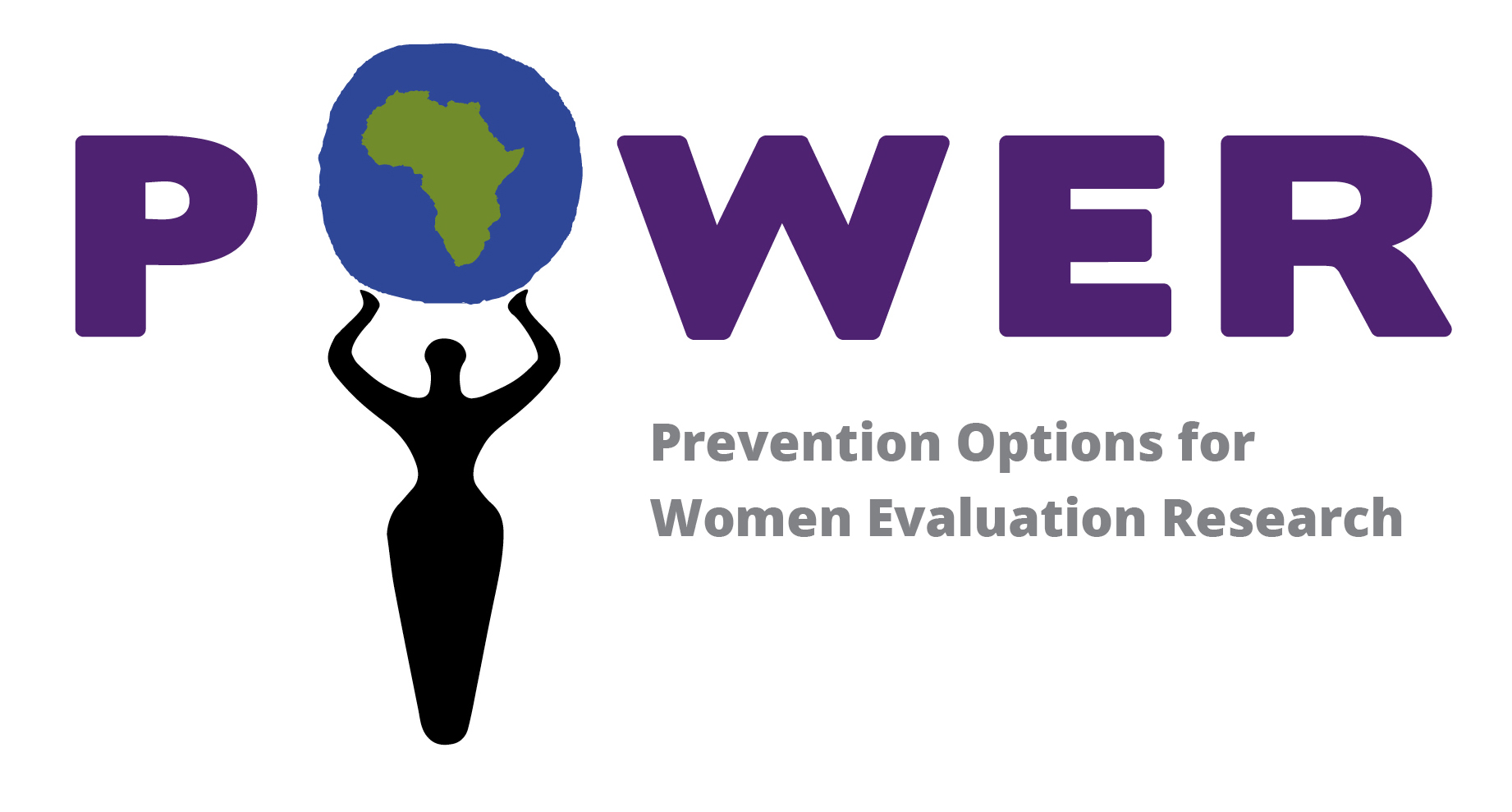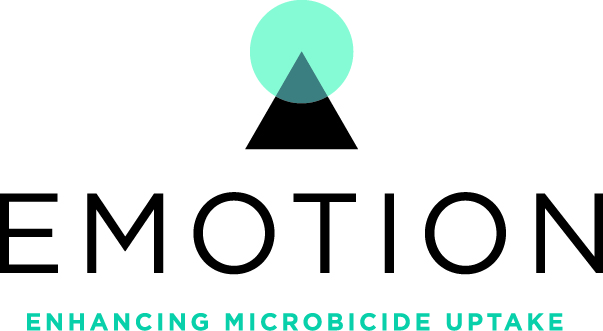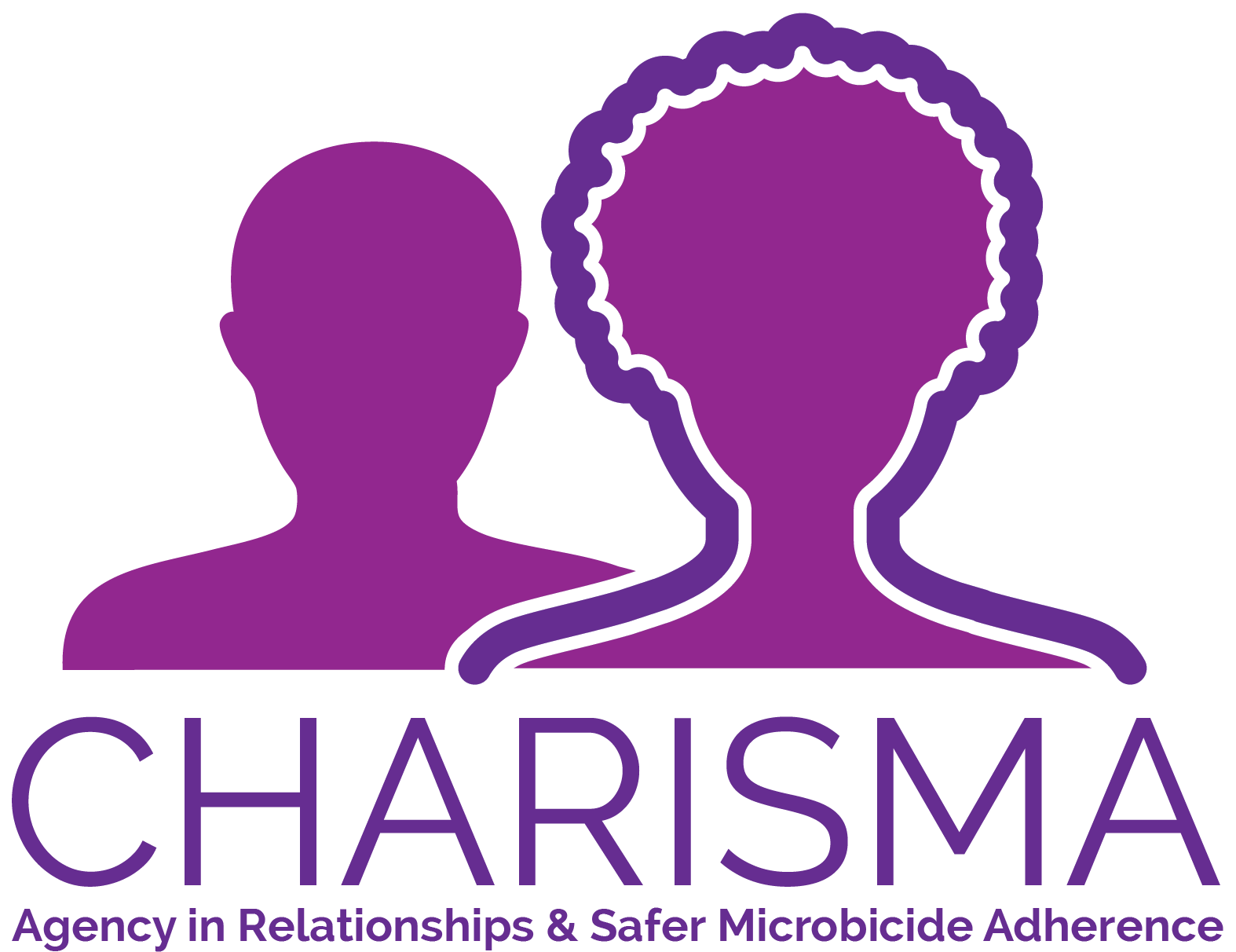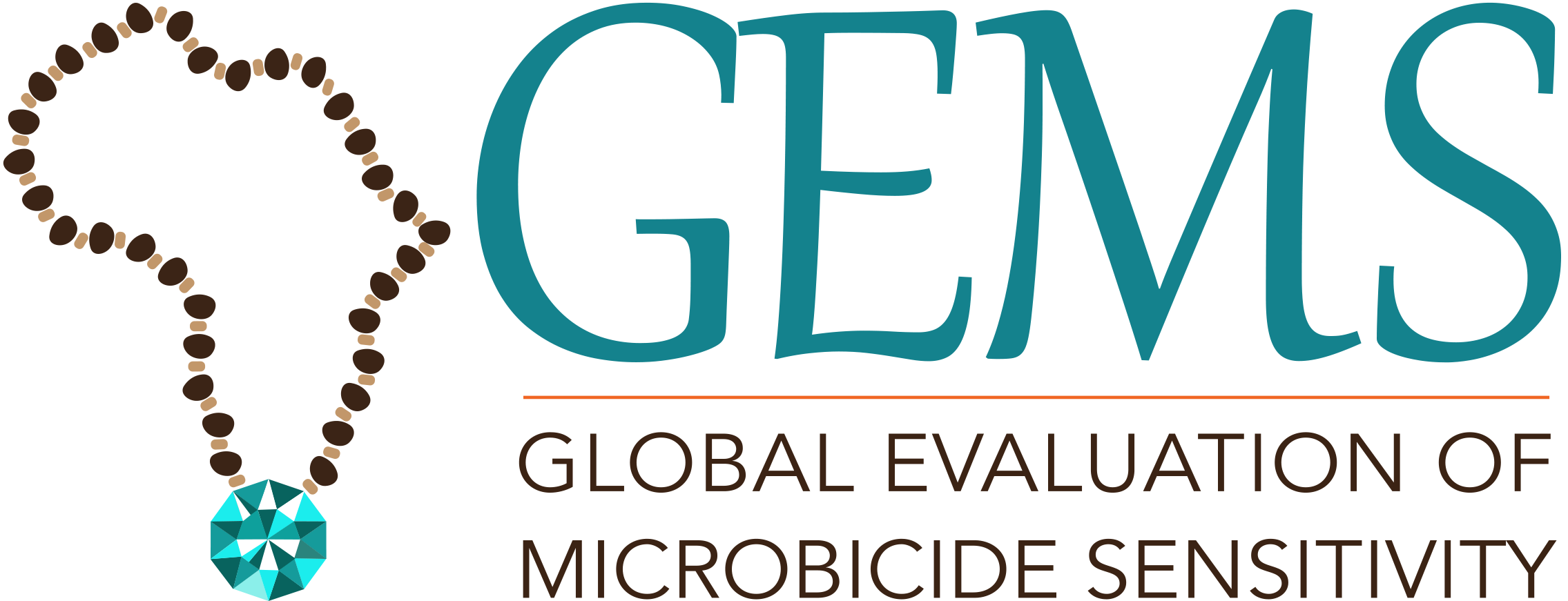The OPTIONS Consortium objective is to develop a streamlined, adaptable product delivery platform for current and future ARV-based HIV prevention options, with a particular focus on women.
Value Chain Situation Analyses for PrEP completed. The OPTIONS team completed the value chain situation analyses, and those for Kenya and Zimbabwe are available on PrEPWatch. If you have questions or are interested in conducting a value chain analysis of your own, please contact Neeraja Bhavaraju.
Modeling priorities identified. The OPTIONS’ PrEP modeling literature review is available on PrEPWatch. The OPTIONS modeling team identified Kenya and Zimbabwe as priority countries to dive deeper into modeling activities. Initial work will explore whether there are specific subpopulations for which providing PrEP in addition to the existing suite of prevention interventions and ART scale-up may (a) provide a large additional epidemiological impact, and (b) be cost-effective. More detailed modeling questions will be asked based on findings from this initial work.
South Africa National Technical Working Group (TWG) engaged. OPTIONS/Wits RHI continues to have an active coordination role within the South Africa PrEP and Test and Treat (T&T) TWG and is now convening the Adolescent Girls and Young Women (AGYW) subcommittee. The Deputy President launched the National Sex Worker HIV Plan in March, with a goal of rolling out PrEP nationally to sex workers beginning in June 2016. Wits RHI is working closely with South Africa’s National Department of Health (SA NDOH) and McCann Global Health to create communications materials for the launch, as well as with the South African HIV Clinicians Society on the training materials for clinicians, counselors, and peer educators.
Clearinghouse launched. OPTIONS/AVAC developed a new section of PrEPWatch, a clearinghouse of information on PrEP science, research, cost, access and advocacy, focused on implementation efforts underway. Specifically, the USAID-Supported Initiatives page offers an overview of the five MPii projects, and country close-up pages for Kenya, South Africa, and Zimbabwe give the full spectrum of product introduction work for oral PrEP, dapivirine ring, and OPTIONS activities as applicable. PrEPWatch will continue to grow as PrEP introduction and rollout moves forward and as new efforts and initiatives are started by all MPii projects. Please send suggested documents for posting to MPiiPrEPWatch@optionsconsortium.org.

